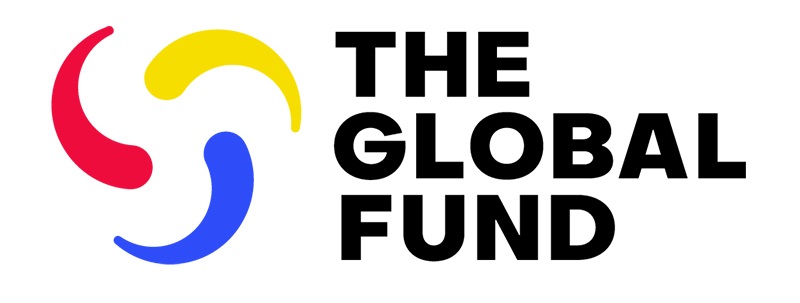
Advocacy Update: The Global Fund to Fight AIDS, TB, and Malaria
This month I want to talk about The Global Fund to Fight AIDS, TB, and Malaria (Global Fund), for which the US is hosting its Seventh Replenishment Conference later this year. Together Women Rise advocates learned about the Global Fund on our Feb 15th webinar. Click HERE to see the webinar recording and slides.
The Global Fund is a multilateral organization that began in 2002 to address the pandemics that were never extinguished — HIV/AIDS, tuberculosis (TB), and malaria — which were infecting and killing millions of people, primarily in the Global South. So what is a multilateral organization? And what is replenishment about?
- According to The Borgen Project: “Multilateral organizations are formed by three or more nations to work on issues that are relevant to each of them. They ensure participation by all in the management of world affairs while ensuring the legitimacy of any relief efforts being implemented. Multilateral organizations also effectively deal with issues that are global priorities by reducing the risk of making overly quick and careless decisions in resolving issues.”
- Funding such a structure relies on replenishments: According to the Organisation for Economic Co-operation and Development (OECD): “Multilateral organizations rely on the financial contributions of their members, shareholders, and other stakeholders to function and carry out their operations. The volume and quality of funding they receive have crucial implications for their capacity to deliver.” This funding system is premised on replenishments which take place periodically, during which the various actors involved make their financial pledges.
The Global Fund partnership has saved more than 44 million lives since its inception in 2002, cutting deaths from these three diseases in half in countries where the Global Fund has invested. The Global Fund is distinctive for its emphasis on country ownership, as well as its inclusive partnerships with the private sector, affected populations, faith-based organizations, and civil society.
As we enter the third year of the COVID-19 pandemic, bold investments in this lifesaving work are more crucial than ever to get back on track toward eliminating these infectious diseases while mitigating COVID-19’s disruptions to the fight against them. Comparing 2020 to 2019:
- HIV prevention services declined by 11%,
- 1 million fewer people were treated for TB
- Malaria testing dropped by 4%.
That is why the Global Fund must maintain focus on combating AIDS, TB, and malaria and addressing the backsliding caused by the global COVID-19 pandemic. A US contribution to the Global Fund should be separate and additive to COVID-19 response efforts; it should not come at the expense of other crucial US investments in global development and humanitarian response.
Why is the Global Fund so important to women and girls?
- Women and girls have suffered disproportionately more during the COVID-19 pandemic and the resources provided by the Global Fund are essential to them.
- According to the Global Fund: “Adolescent girls and young women remain a key focus for the Global Fund’s response to HIV.” By increasing investments and focusing on the 13 priority countries where the HIV burden is the highest, “new HIV infections among adolescent girls and young women have dropped by 41 per cent since 2010.”
- The Global Fund strategically promotes human rights and gender equality, recognizing the urgent need to eliminate health disparities among men and women.
- Due to cultural norms and inequalities, women may have less access to TB treatment and prevention services than men. Diagnostic delays and lower service efficiency may be due to increased stigma associated with having TB and the non-integration of TB services with other reproductive, maternal and child health services. Male family members may be unwilling to pay for these services, and women’s health may not be considered as important within the family.
- Susceptibility to malaria does not differentiate among the sexes. However, malaria can be devastating during pregnancy, both for the mother and the fetus, increasing the risks of miscarriage and maternal death. And it is a leading killer of children under five.
The Global Fund projects that for every $1 invested, it will generate $19 in economic returns and health gains, contributing to direct economic benefits for the US. And, while making enormous economic sense, it is crucial that we continue to address the pandemics that still remain with us, impacting millions of lives in the Global South.
The US is the largest donor to the Global Fund, typically contributing one-third of the total amount. We’ll need strong US leadership later this year to ensure that the replenishment conference is a success. We hope you will join us as we advocate for women and girls for improved access to healthcare via the Global Fund. To learn more about the Global Fund and how we can support this replenishment, check out our Feb 15th advocacy webinar and the RESULTS blog HERE.
If you would like to sign up for our Advocacy Group with RESULTS, please click HERE. Questions? Email advocacy@togetherwomenrise.org.
